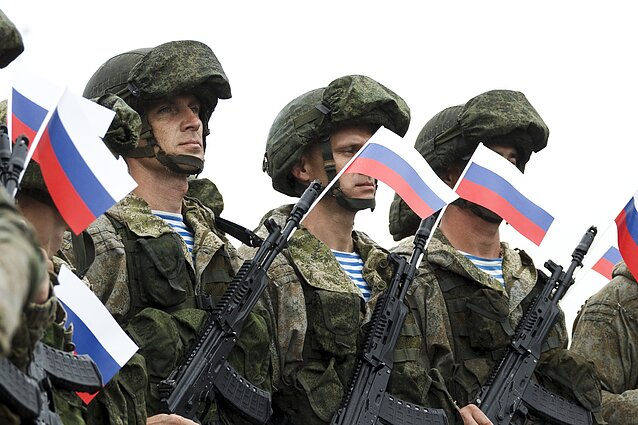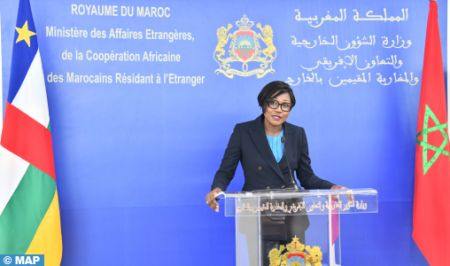The Central African Republic’s (CAR) recent pledge of allegiance to Russia comes amid speculation that its recent adoption of Bitcoin was a means of opening up the financial system to Russian companies after they were locked out by global sanctions.
CAR adopted a law in July to introduce Bitcoin as legal tender, but the law was subsequently frozen following pressure from the country’s regional partners in the Central African CFA monetary zone. CAR turned to Russia in 2017 to bolster security after President Faustin-Archange Touadéra became dissatisfied with the inability of UN peacekeepers to extend state security beyond the capital city of Bangui. Since then, Russia has wielded its influence in CAR to extend into other African countries and also broaden its interests into activities like gold mining and cyber-warfare.
Some experts speculate that there are two possible ways that the introduction of the digital currency could be linked to Moscow. The first is a way of laundering money, as most international banks will no longer accept Russian rubles, making it difficult for the heavily sanctioned country to transact with the rest of the world. A second use case could be for Russia to send bitcoin to CAR in exchange for local currency, the Central African Franc (XAF), which would then be exchanged for dollars. Also, the Wagner Group, a Russian paramilitary group with widespread operations in Africa, is suspected to try selling gold and diamonds in exchange for bitcoin, which can easily be sent back to Russia.



